Despite the best intentions, school Board members often have no previous governance experience and may come to the role with limited training or understanding of the governance function.
In working closely with and advising school Boards, we have observed some basic challenges when it comes to an understanding of their roles and responsibilities and how they are performed.
One school Board member recently enquired as to what were the common mistakes made by Boards. In our experience the five that stand out are:
1
Confusing governance and management.
The role of the Board is to deal with issues of policy and strategic direction leaving the Principal and school executive to manage all operational issues.
2
Poor management of conflicts of interest and lack of confidentiality.
Board members must act in the interest of the entire organisation and its stakeholders, not one particular group. It is also essential that what is discussed in the board or council room remain there.
3
Poor Board leadership.
The role of the Chair is an essential one. The Chair must facilitate discussion, encourage participation and guide the Board to an outcome that everyone can live with.
4
Failure to foster a strong Board/Principal relationship.
The Chair and Principal relationship is vital but it is also essential that the entire Board is unified in its visible support of the Principal.
5
Inadequate board recruitment and induction process.
Board composition must be linked to the school’s strategy and provide an appropriate mix of the skills. It is also vital that Board members are properly inducted and any necessary training occurs.
School Boards perform a vital function, sometimes unappreciated and unobserved until things go wrong! An understanding of the key responsibilities and an appreciation of the fundamentals of good governance is essential for success. Ongoing and objective self assessment also reduces the risk of failure.


